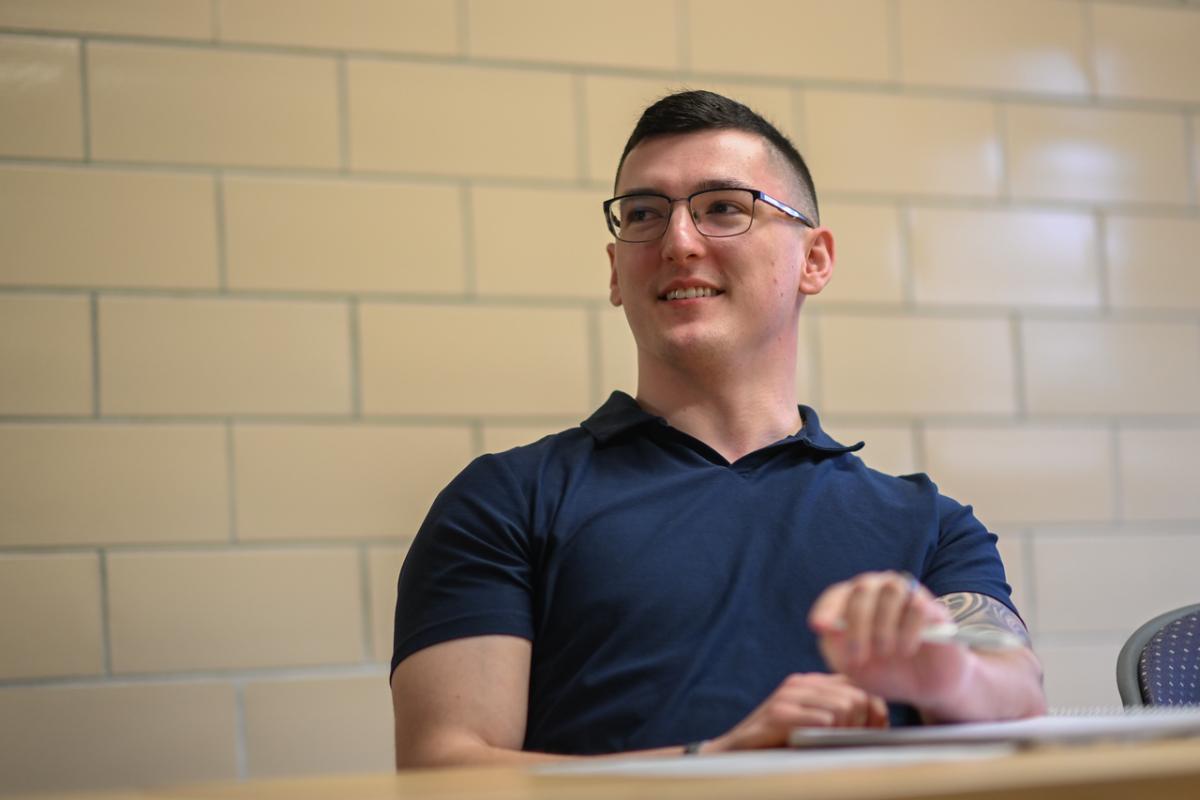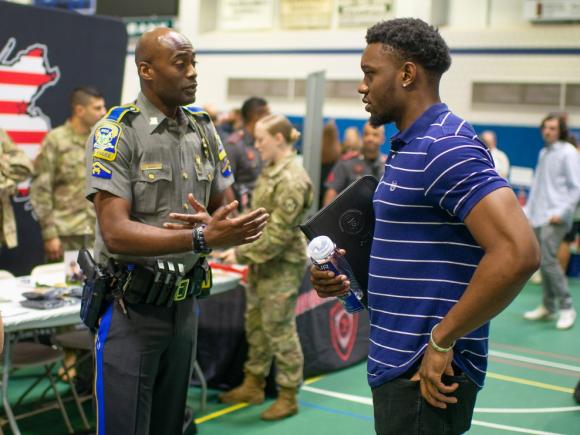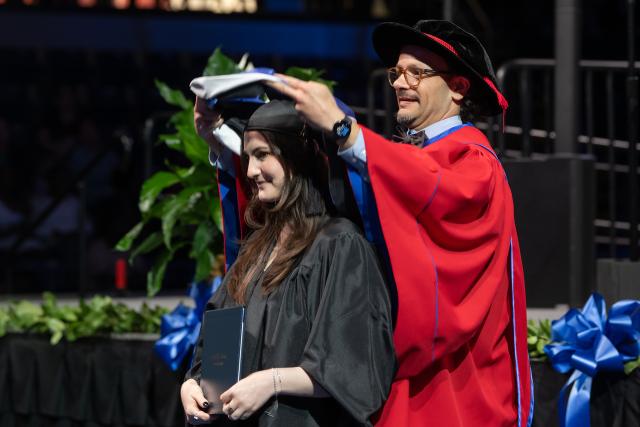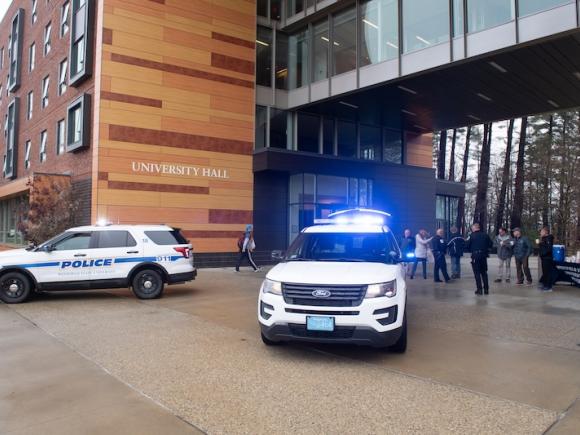
The Law Enforcement Co-Response Concentration in Mental Health Counseling equips students with the skills needed to collaborate effectively with law enforcement agencies in addressing community mental health, particularly for forensic populations. One of the first graduate-level programs in the U.S. to combine mental health counseling and law enforcement response training, this concentration was developed collaboratively by faculty in Psychology and Criminal Justice to meet the growing workforce need for trained co-responders.
Designed for mental health clinicians, law enforcement professionals, and public safety leaders seeking advanced training and certification, the program covers essential topics such as the intersection of mental disorders and crime, relevant legal frameworks, and strategies for conducting rapid mental health and risk assessments. Students gain practical experience in crisis intervention, and those interested in research can pursue a thesis or independent study project.
Upon completion of the 60-credit curriculum, graduates will fulfill the master’s-level knowledge and experience requirements necessary for licensure in mental health counseling, including hands-on practicum hours integrated into their coursework.







